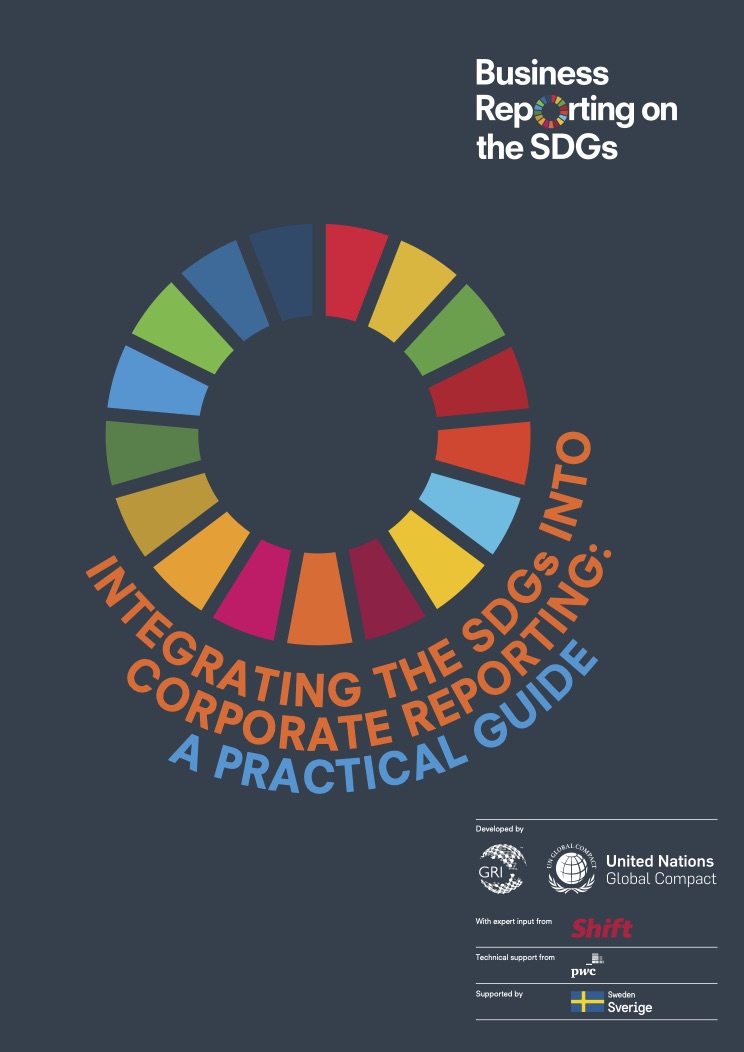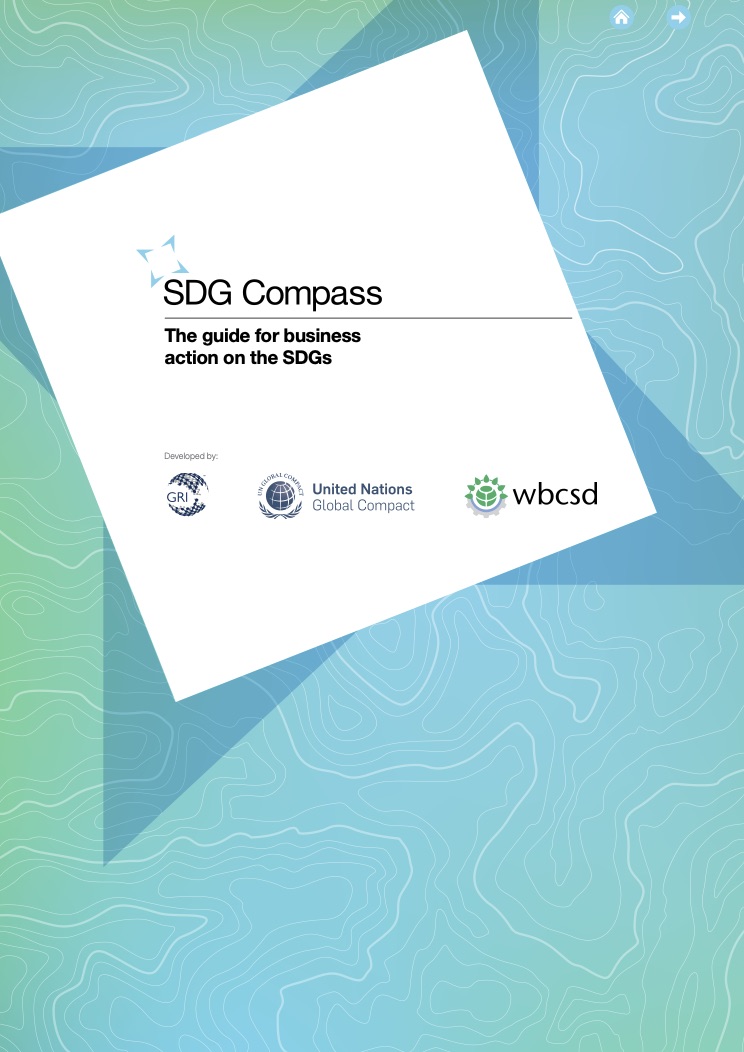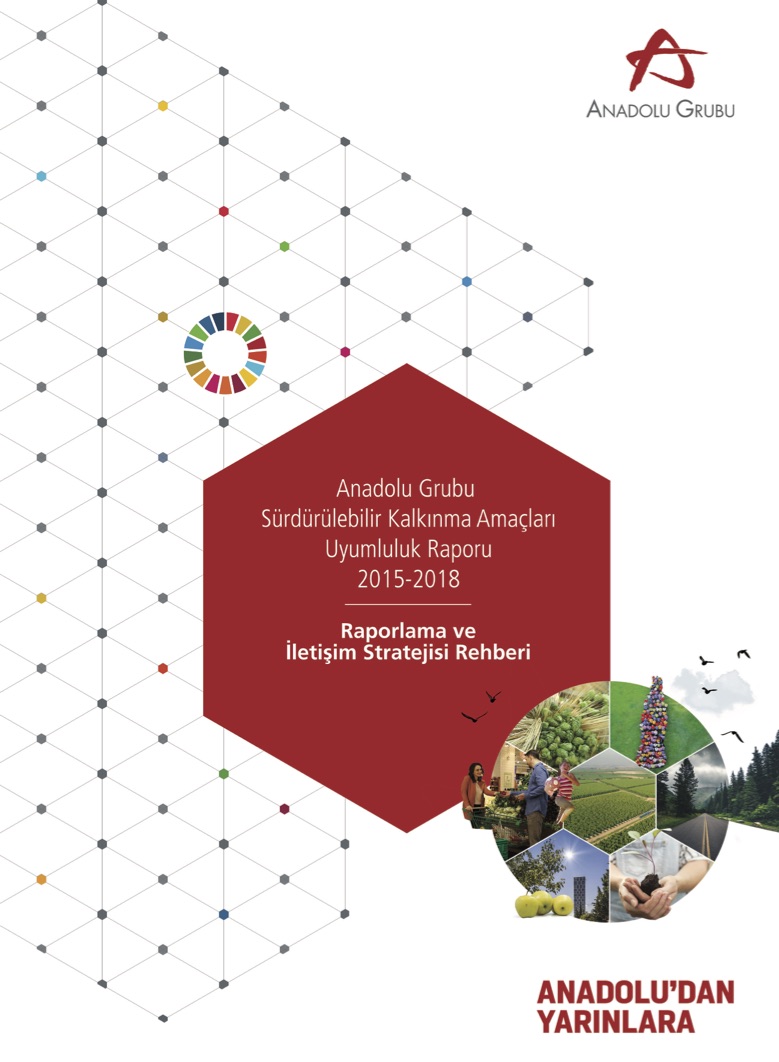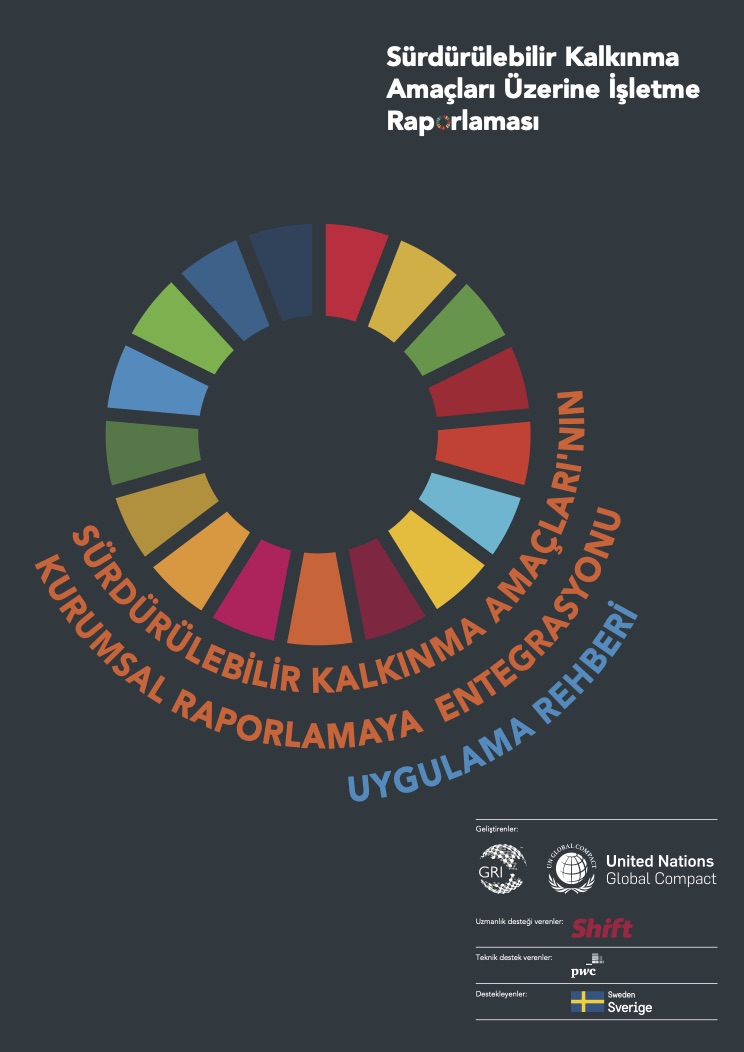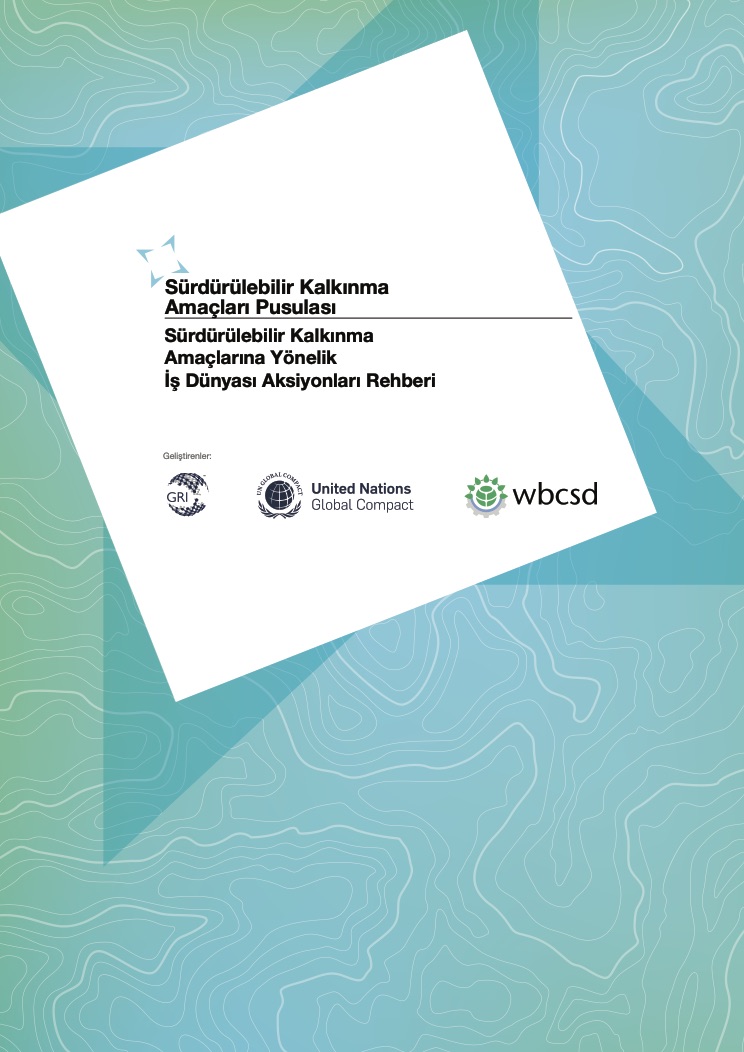While the current Covid-19 pandemic increases awareness about the critical importance of sustainability issues, Anadolu Group and Business for Goals Platform initiated a joint action that will serve as a guide for Turkish business world in reporting their contribution to Sustainable Development Goals (SDG). This cooperation resulted in preparation of a set consisting of three important tools that will be guiding and useful for all enterprises that have integrated SDGs into their business processes and want to measure their performance in this journey.

Anadolu Group and Business for Goals Platform
Cooperate to Guide the Business World
In 2020, the United Nations started the countdown to 2030 and declared the Decade of Action. In September 2015, all member countries of the United Nations adopted 17 Sustainable Development Goals (SDGs), which constitute the first global compact aiming to create a future that leaves no one behind. While active participation of all segments of society is needed for reaching the SDGs, the private sector is among the leading stakeholders in this process. While SDGs assign an important role to the private sector in the agenda of sustainable development, they also emphasize the strong capacity of the private sector’s potential contribution to achievement of the goals.
In today’s world, the role of the private sector is not limited to providing liquidity and making investments. Since the private sector accounts for approximately 60% of GDP of the countries, 80% of the capital flow and 90% of the employment in developing countries, it plays an increasingly important role in the sustainability agenda with its contribution to economic growth and its ability to create employment in those countries. The private sector, which takes on responsibilities such as providing goods and services, generating tax revenues to finance the basic social and economic infrastructure, creating employment, developing new and innovative solutions, helping to overcome development difficulties, is also a critical actor that must take action to prevent the climate crisis.
Achievement of SDGs means reaching a world that is more sustainable, more egalitarian and consequently more prosperous for all. SDGs offer important opportunities to open new market opportunities for the private sector and attract special investments towards sustainable development by making use of the core competencies, expertise and resources of enterprises. Achievement of SDGs creates new market opportunities worth $ 12 trillion for the private sector and contributes to improvement and stability in the business manners of enterprises, and market environments. Enterprises that have inclusively and responsibly integrated SDGs into their respective business manners gain greater competitive advantage and become financially more sustainable compared to those which have not.
The role of the private sector in development has expanded from the traditional approach of supporting economic development to more inclusive and detailed public-private partnerships. In particular, SDG 17, Partnerships for the Goals, sets forth the need for strong strategic partnerships for sustainable development and states that the private sector is no longer an instrument for development, but an actor in it. Today, the private sector plays a crucial role in determining whether SDGs will be achieved over the next decade, and therefore private sector enterprises need to identify the SDGs to the achievement of which they can contribute most, at which they are most competent, and which match with their own business priorities most, and then, they need to take action accordingly.
At this point, the Business for Goals Platform, established to build a bridge between the business world and the SDGs and to strengthen the role of the business world in sustainable development crossed paths with Anadolu Group that, in 2019, published the Sustainable Development Goals Alignment Report, which sets an example for the business world. This cooperation resulted in preparation of a set consisting of three important instruments that will have a guiding role in the field of sustainability in Turkey. The SDG Compass which was prepared by The Global Reporting Initiative (GRI), the UN Global Compact (UNGC) and The World Business Council for Sustainable Development (WBCSD), guides enterprises on how to align their strategies with SDGs and how to measure and manage their contributions to the achievement of SDGs. Business Reporting on the SDGs, prepared by GRI and UNGC, outlines the “principled prioritization” process aimed at helping the enterprises identify and prioritize SDGs, take action and report progress for the SDGs they prioritized. The theory meets practice when these two valuable documents, which were introduced into the Turkish literature for the first time, are accompanied by ANADOLU’DAN YARINLARA (From Anadolu to Tomorrow) – Anadolu Group Sustainable Development Goals Alignment Report Reporting and Communication Strategy Guide. In this way, lessons learned as a result of the knowledge and experience they need in a similar reporting process can be transferred to other enterprises at first hand. We hope that these instruments will be guiding and useful for all enterprises, regardless of scale, which have integrated SDGs into their business processes and want to measure their performance in this journey. Our deadline for achieving the SDGs is December 31, 2030. Therefore, as the Secretary General of the UN, António Guterres said, “We must step up our efforts. Now!”


